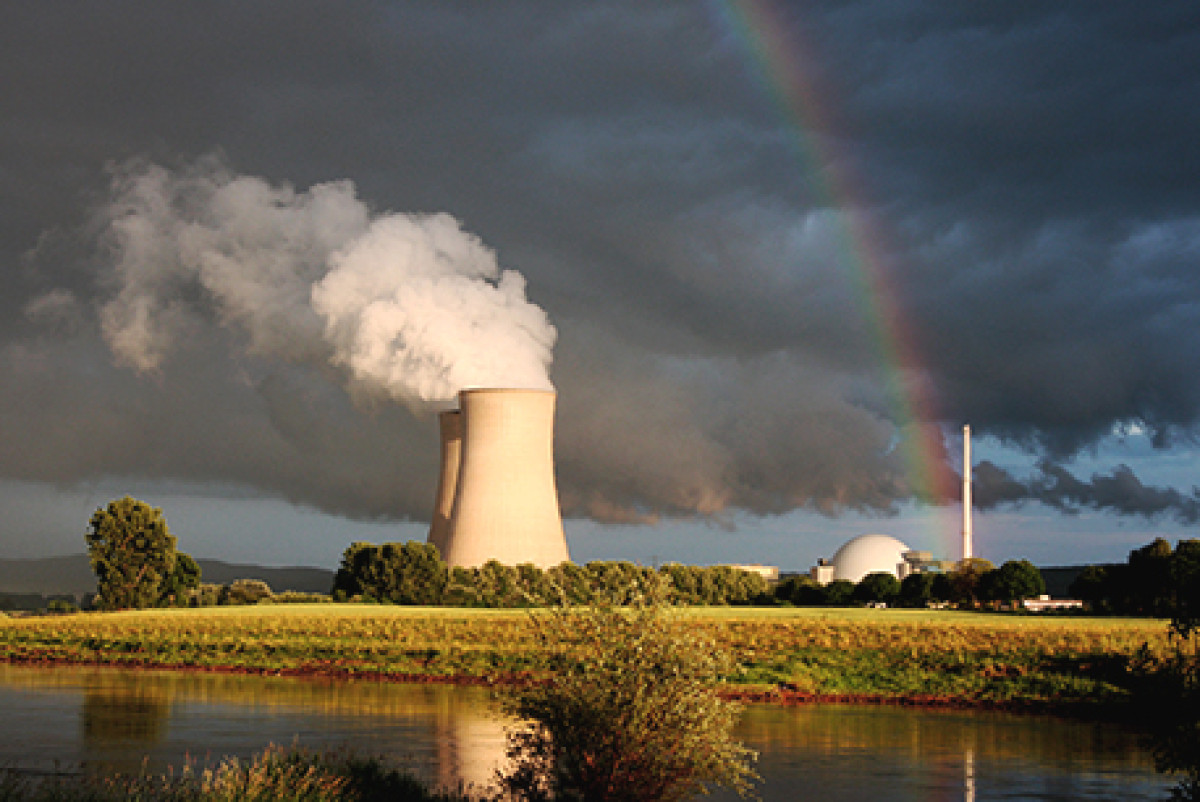Research Tour: Climate change, war in Ukraine and the quest for energy security: What is the role of nuclear energy in Europe?
Find the final programme here.
The production of electricity from nuclear power plants has been declining in recent years, with China being a notable exception. Since 2007 no new reactor has commenced operation within the EU, and only two new plants are currently under construction. However, since the EU is trying to accelerate its move away from fossil fuel reliance, the discussion in many countries has changed, leading to the option of nuclear being put back on the agenda.
Following decades of conflict and one of the most drastic turnarounds in German political history, Germany has had plans to phase out its last three nuclear reactors by the end of this year since 2011. However, in the midst of the european energy crisis, the federal government is currently conducting a stress and security test in order to establish whether a short-term extension of several months would be an option to deliver some relief.
Stuttgart, where our tour starts, is one of the powerhouses of the German economy, currently governed by a green politician in his third term. EnBW, the regional energy company owned by the state and regional public stakeholders, has plans to phase out its last nuclear plant by the end of this year in line with the current legislation.
Neighbour Switzerland, meanwhile, has decided to take a different approach: whilst the country will not build any new nuclear power plants, it will continue to let the three existing ones (among them the oldest reactor in Europe) run as long as the supervision authority permits them to. The country also plans to decide finally where to store its nuclear waste in September, which will make it one of the first countries to do so.
In stark contrast, France has bet strongly on nuclear energy as a future energy source. However, the country is currently facing an energy shortage due to the fact that half of its reactors are either being renovated, or producing less energy because the rivers the need to cool the plants are running low amidst the record-breaking draught. Nevertheless, the reactor in Flamanville, which has been under construction for many years, seems to finally be ready to produce electricity, meanwhile there are plans for the construction of several new plants.
So, what is the future of nuclear power in Europe as the continent aims to become climate neutral by 2050?
In meetings with leading experts, policymakers, nuclear industry and NGO representatives, this research tour will provide insights into the live debate in all three countries and will help in finding answers to questions like: Is nuclear energy a solution to the current challenges? Can it replace the use of fossil fuels? And is it a way to reduce European dependency on Russia?

